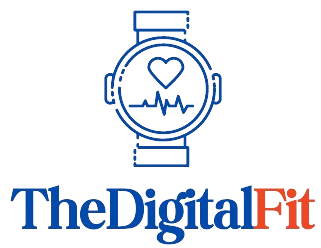Technology services and consulting company Wipro on Tuesday announced a partnership with the Centre for Brain Research (CBR), an autonomous, non-profit research organisation, hosted at the Indian Institute of Science (IISc) to boost artificial intelligence (AI)-powered health innovations.
This collaboration will focus on harnessing the power of AI, machine learning (ML), and big data analytics to develop new technologies that will provide precision support towards the prevention and management of long-term health disorders.
“Our personal care engine enables wide-ranging applications and benefits for health management. It has the potential to mitigate lifestyle-related conditions and even enhance cognitive and psychosocial functioning,” Subha Tatavarti, Chief Technology Officer, Wipro Limited, said in a statement.
As per the IT major, Wipro’s research & development (R&D) team, part of Lab45, will design and create a personal care engine — an AI that will take into account an individual’s health history, desired health state, and other behavioural responses — to promote healthy ageing, positive lifestyle changes, and psycho-social wellbeing to meaningfully improve an individual’s health over time.
“Working with Wipro allows us to amplify our scientific expertise through large-scale digital applications. This partnership will accelerate the path from research to real-world solutions in cognitive and overall health,” said Professor K.V.S. Hari, Director, CBR.
Moreover, the company said that the personal care engine will focus on reducing and managing the risk of cardiovascular disease and correlated neurodegenerative disorders, by using AI to personalise its interaction with users, optimising for their long-term health and wellbeing.
Wipro will test the engine through a digital app-based trial in collaboration with CBR. This trial will generate valuable evidence regarding the engine’s effectiveness for contexts that are deeply relevant for long-term health outcomes.

